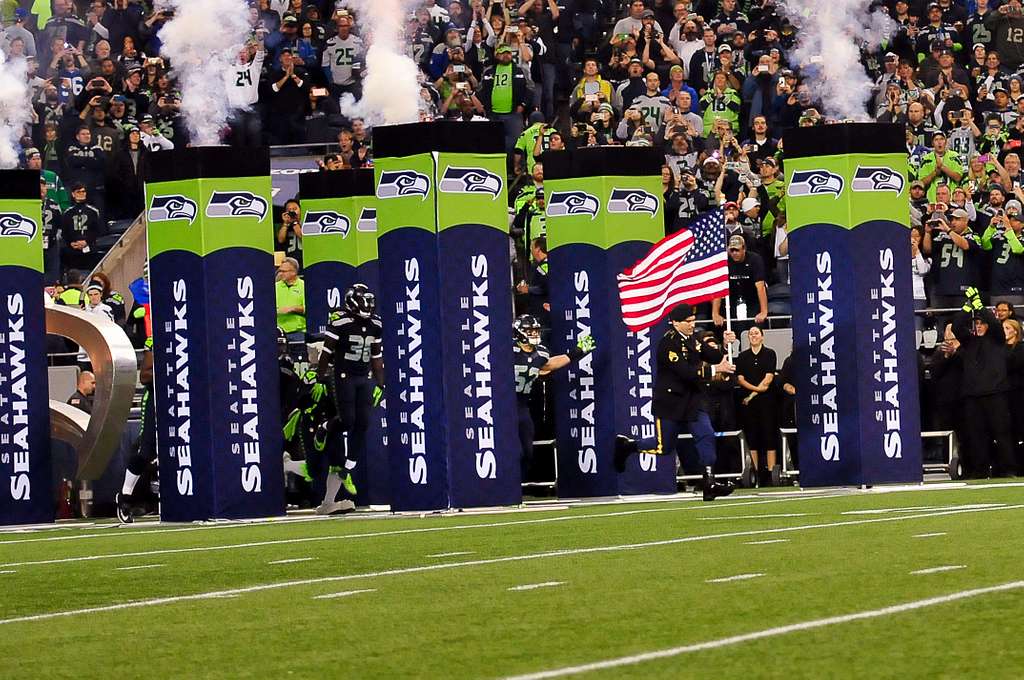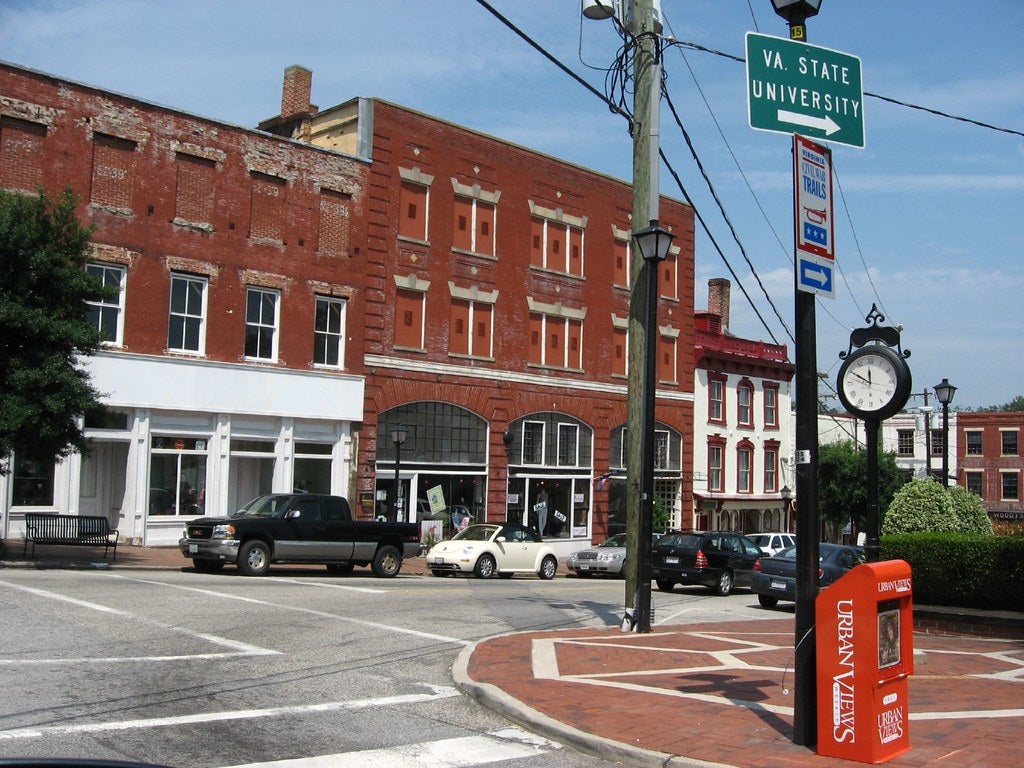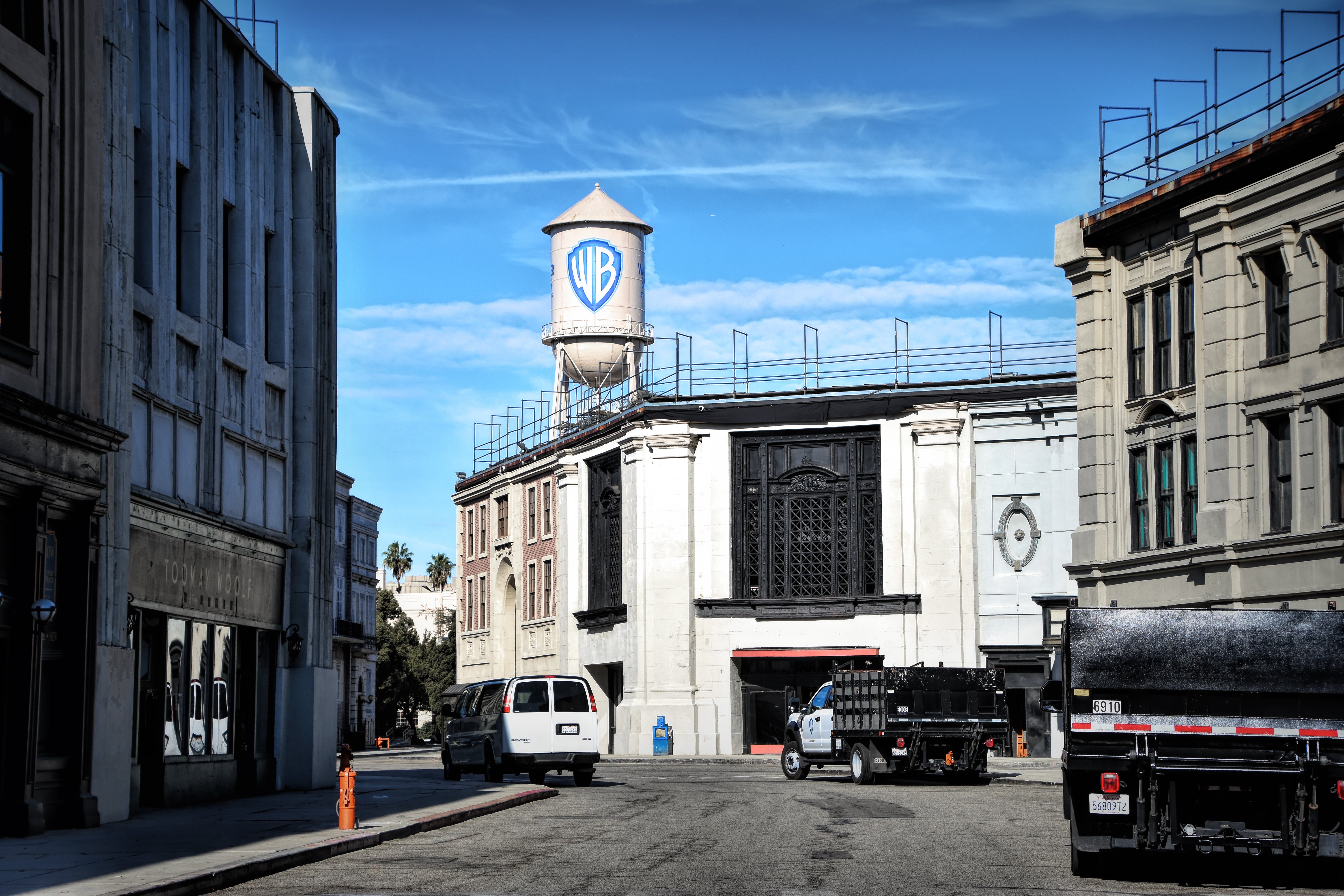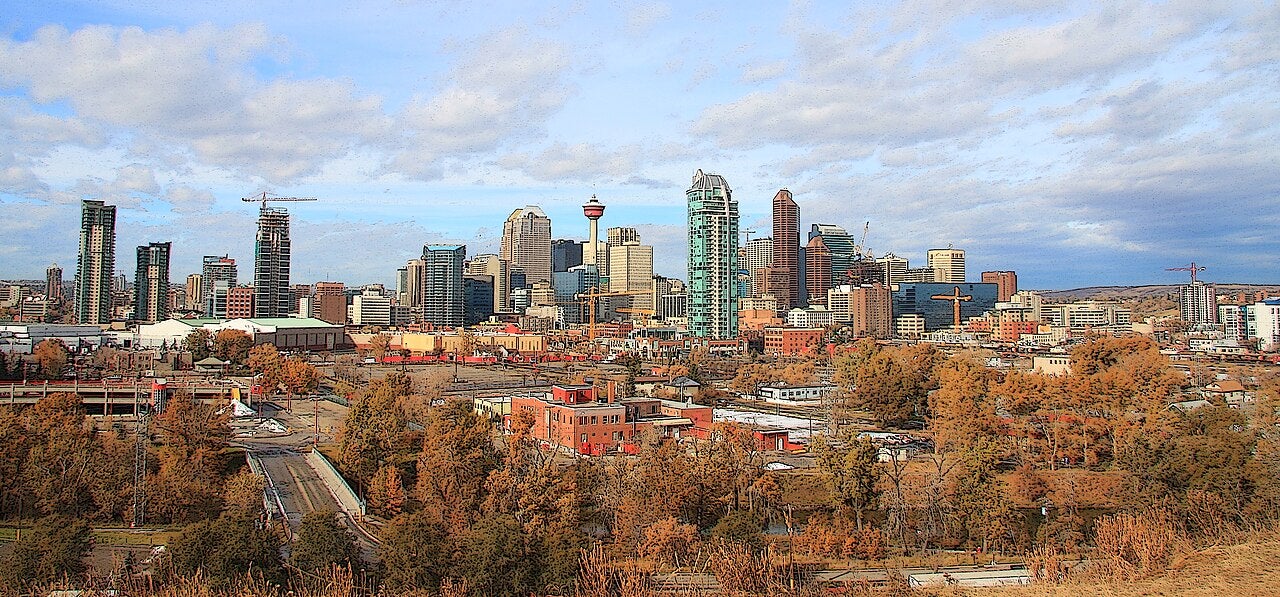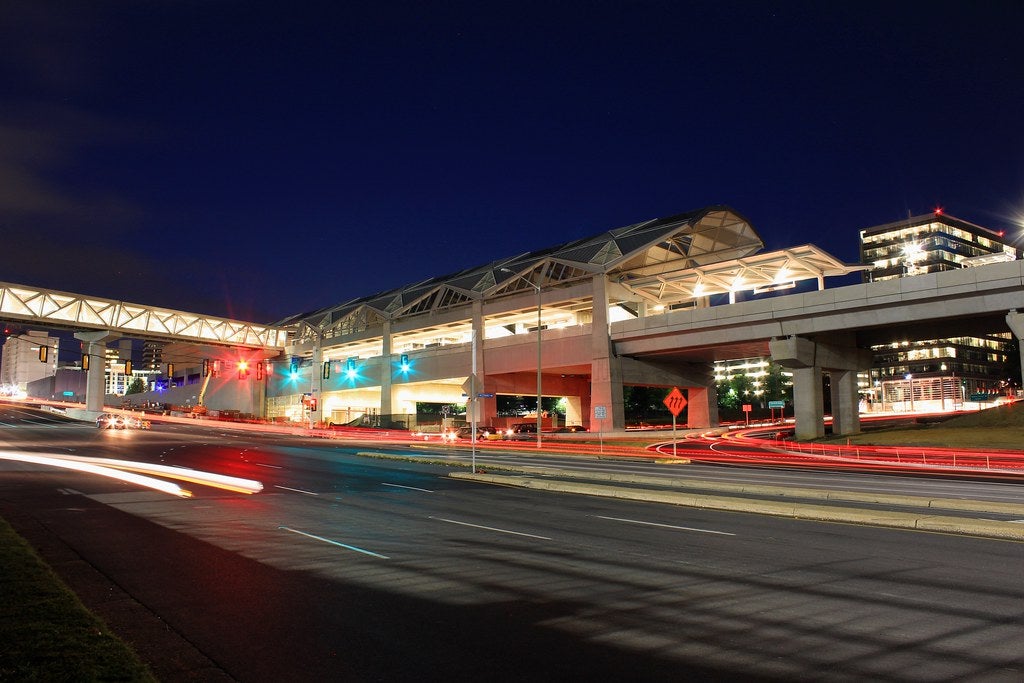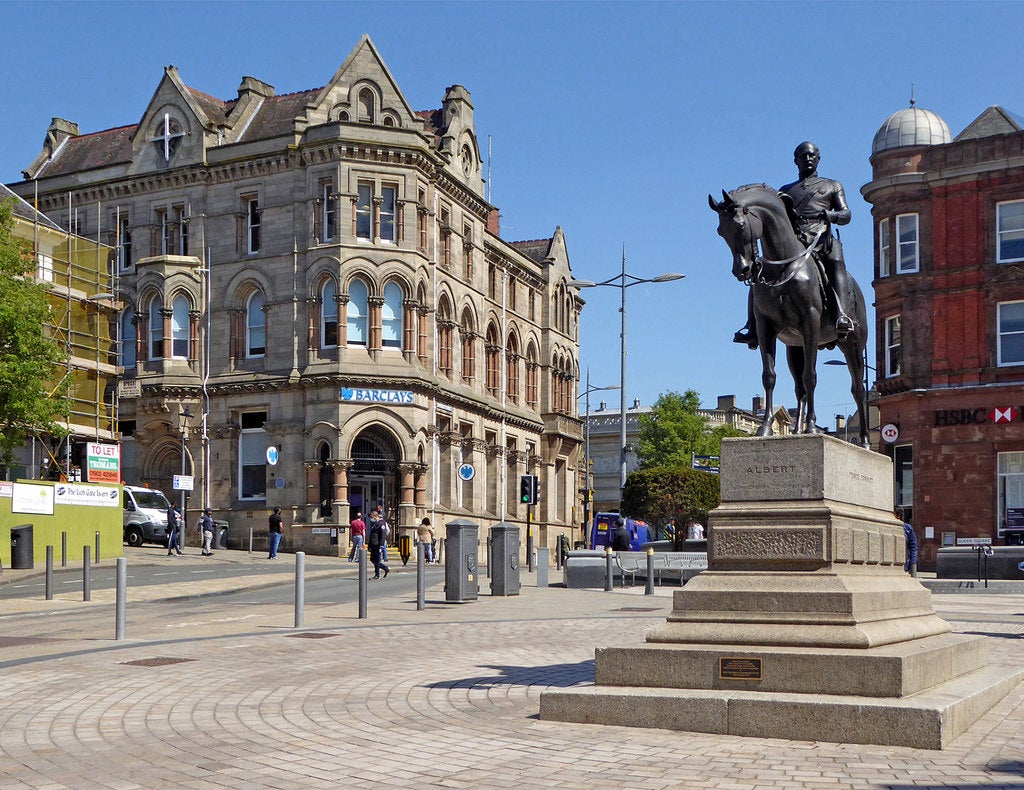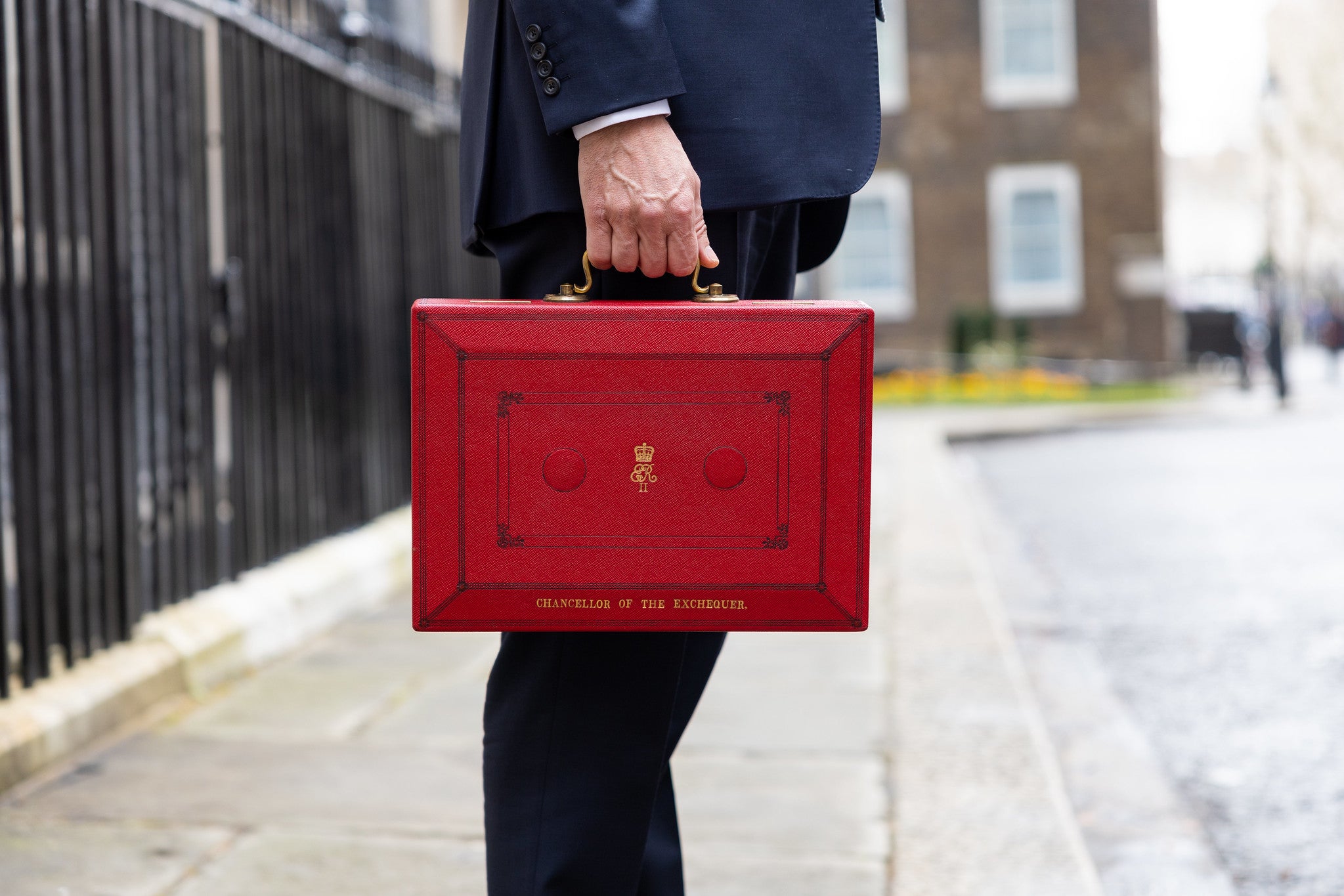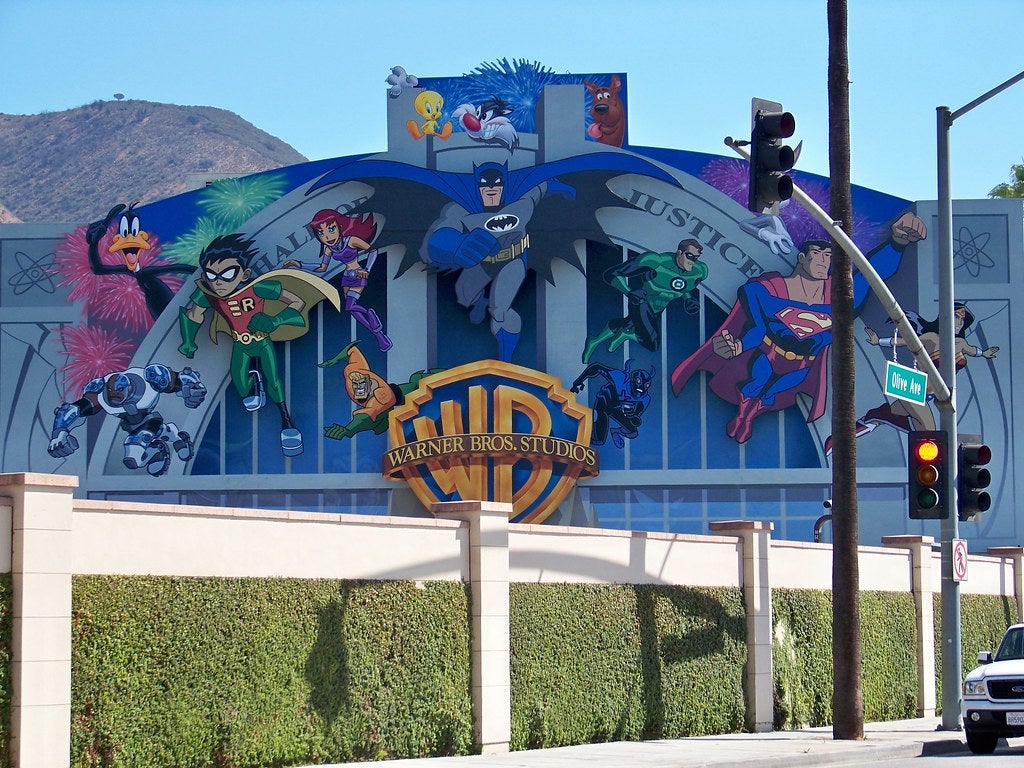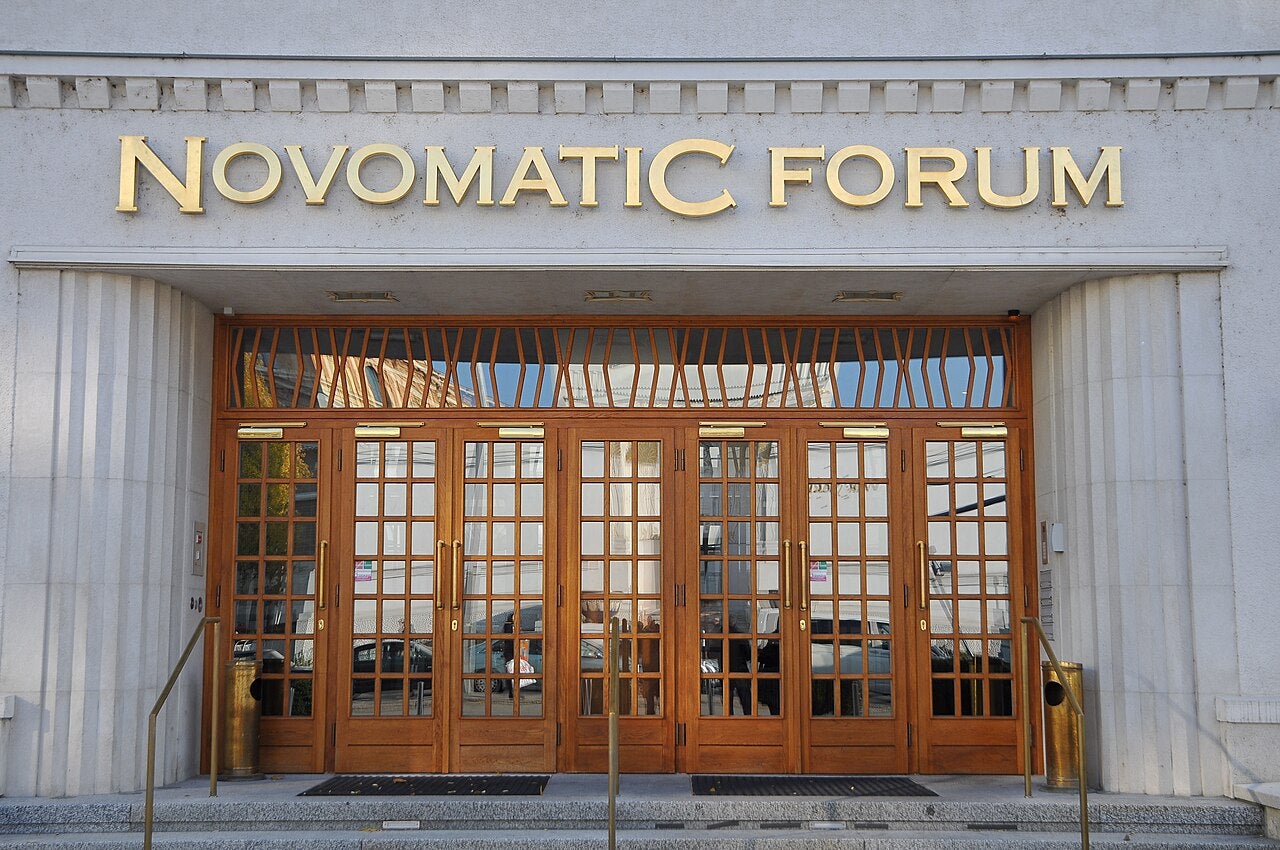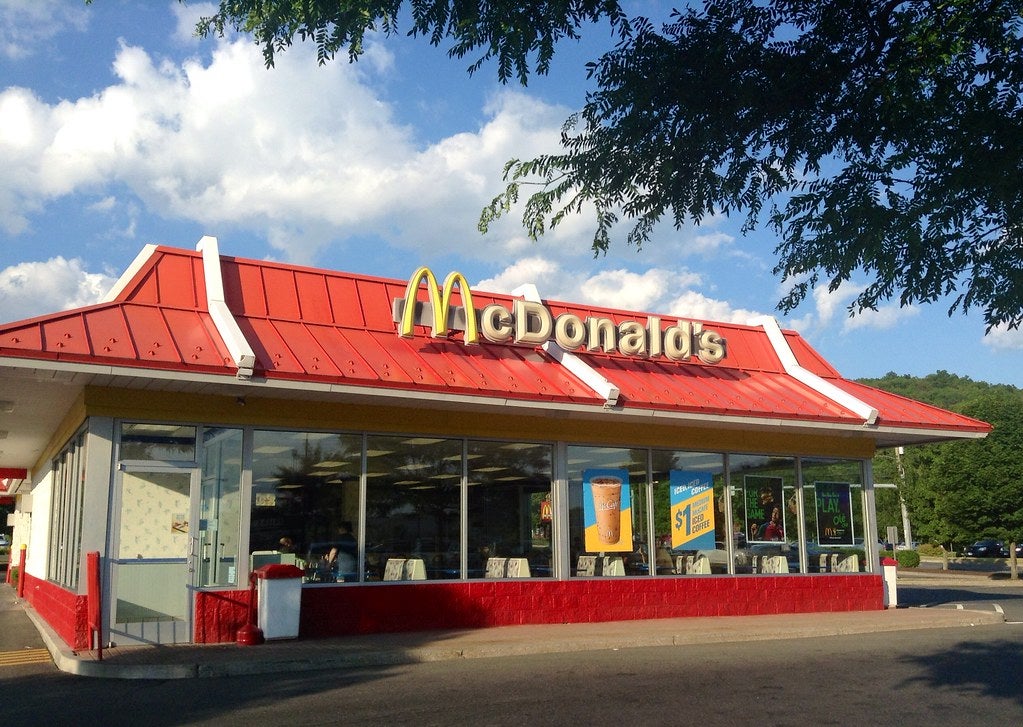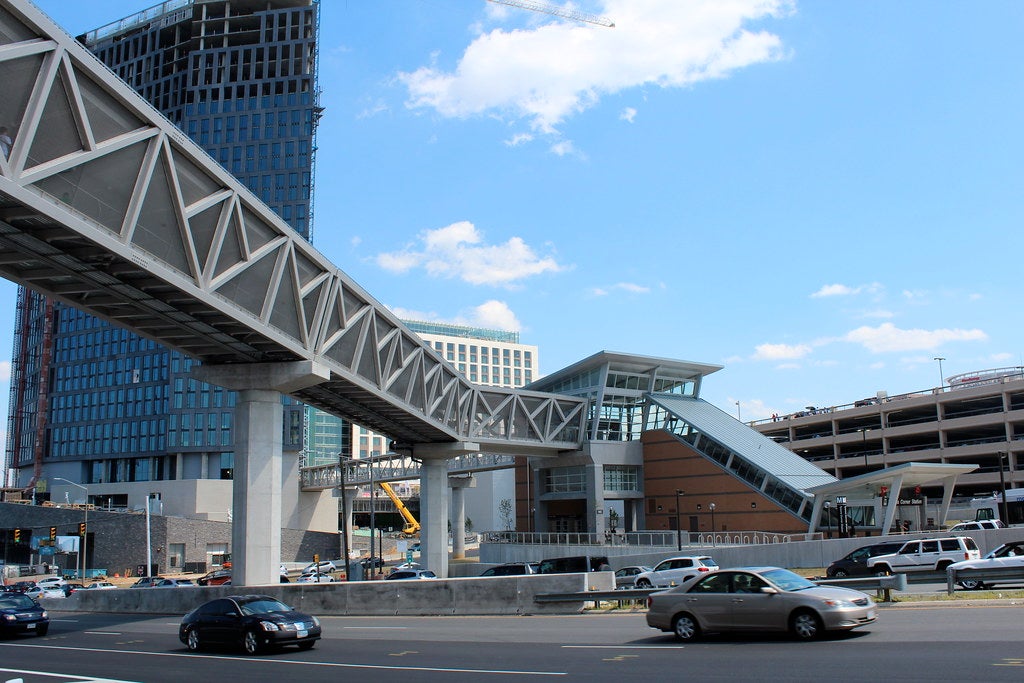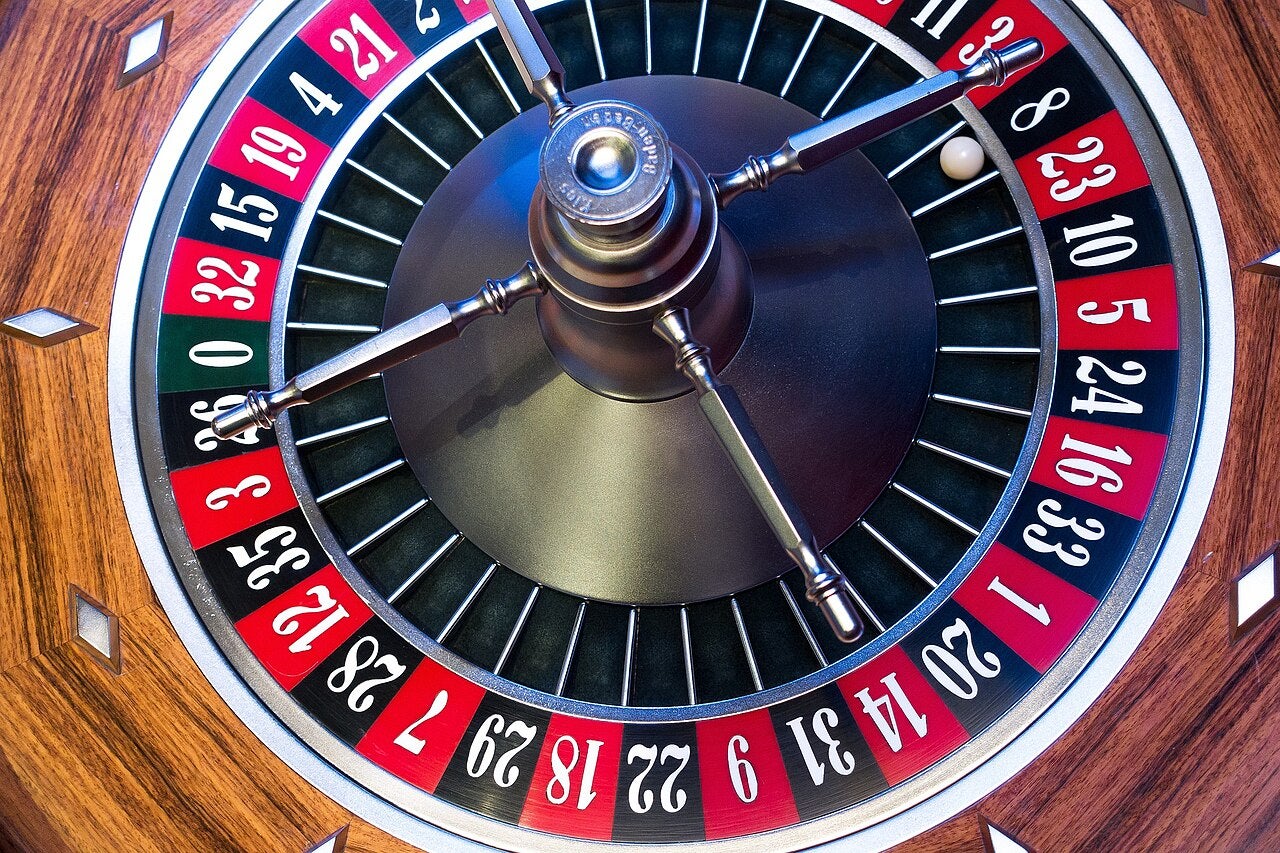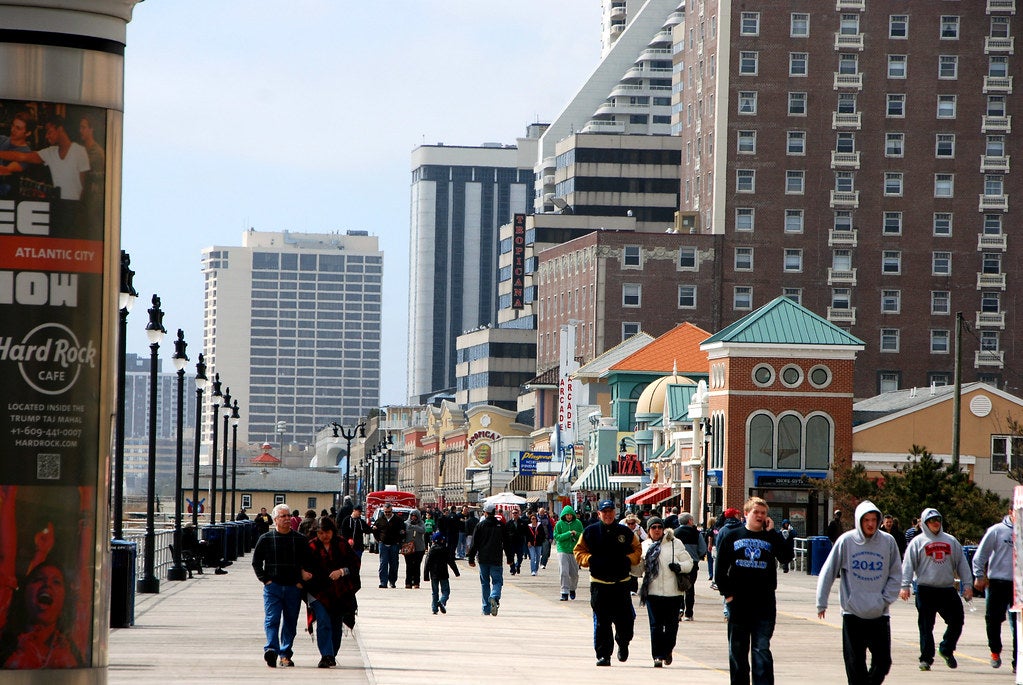Enormous figures at play
The $2.6 billion figure is a significant increase on the £1.5 billion ($2 billion) that was spent in 2018, according to global strategic advisory business Regulus Partners. However, the Betting and Gaming Council (BGC) said that the number was closer to £1 billion ($1.3 billion).
More importantly, the 2024 yearly advertising spend was nearly twice that of the £1.2 billion ($1.6 billion) that the Treasury collected in taxes from online casino companies last year.
Meg Hillier, the chair of the Treasury select committee in charge of reviewing a potential tax increase, said that the lofty spending on advertising proves that companies have enough change to pay more taxes.
“Unfortunately, the fact that we are told the existence of gambling firms is on a financial knife-edge while they simultaneously plough billions into advertising does not come as a surprise,” she said.
Hillier also called out the Betting and Gaming Council, the UK’s main gambling lobbying body.
The BGC, which has fought against tax increases, said that a tax hike would lead to “untold damage,” an assertion that Hillier rebuked.
“During our session with the BGC, we were warned that any increase in gambling taxation could lead to 40,000 job losses,” she said. “It’s important that the government does not cave into this industry scaremongering.”
Is gambling advertising out of control?
Hillier isn’t alone in her criticism of the gambling industry and the BGC. Alex Ballinger, a Labour MP (Member of Parliament from the Labour Party), called the advertising spend an “astronomic sum.”
“Perhaps gambling firms should think about cutting back on adverts that nobody wants to see before pushing back against paying fair taxes on their vast profits, particularly given the harms they cause,” he said.
The UK has not been ignorant of a variety of gambling reforms. One of its biggest initiatives led to a prohibition on front-of-shirt gambling sponsors for Premier League clubs, a change that will go into effect at the start of the 2026-27 campaign.
Despite that, the league remains a popular target for gambling companies. The University of Bristol showed in a study that gambling advertising was about triple what it was in 2023 during the first weekend of the Premier League season.
“This level of gambling advertising during the Premier League’s first weekend is frankly astonishing,” said Sir Iain Duncan Smith MP, chair of the Gambling Reform All-Party Parliamentary Group. “The industry claimed it was taking steps to self-regulate and reduce advertising, but yet again, they have not kept to their word.”
Meanwhile, a BGC spokesperson declared that many figures related to gambling advertising are misrepresentative.
“Crucially, 20% of all broadcast and digital advertising is dedicated entirely to safer gambling messaging, a voluntary commitment made by the UK industry,” the spokesperson said. “Further tax rises would simply drive more consumers towards the growing black market that offers no age checks, no safer gambling tools and no tax contribution, while undermining advertising spend that differentiates the regulated market that supports over 11,000 jobs, contributes £506m to the UK economy, and provides £138m a year to British sport through sponsorship.”





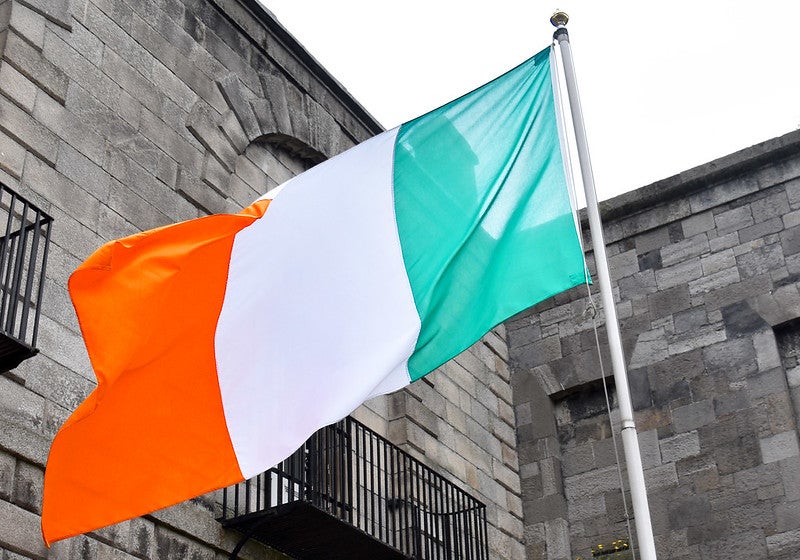
.jpg)
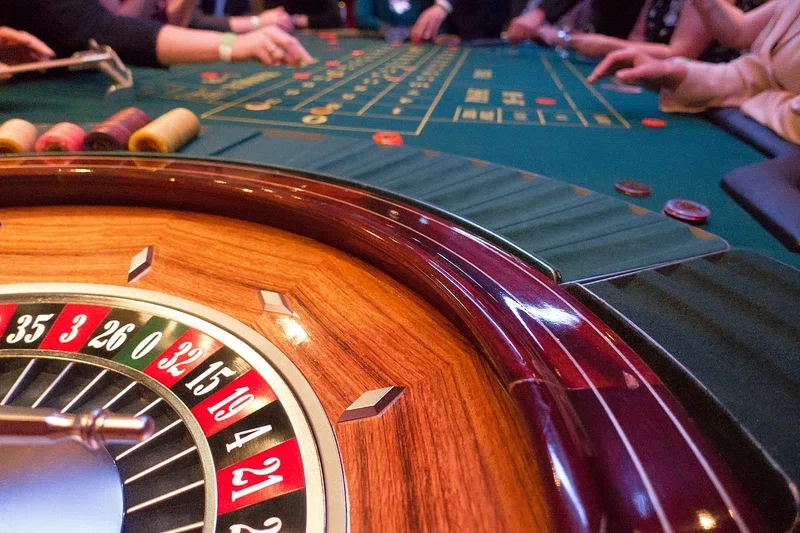
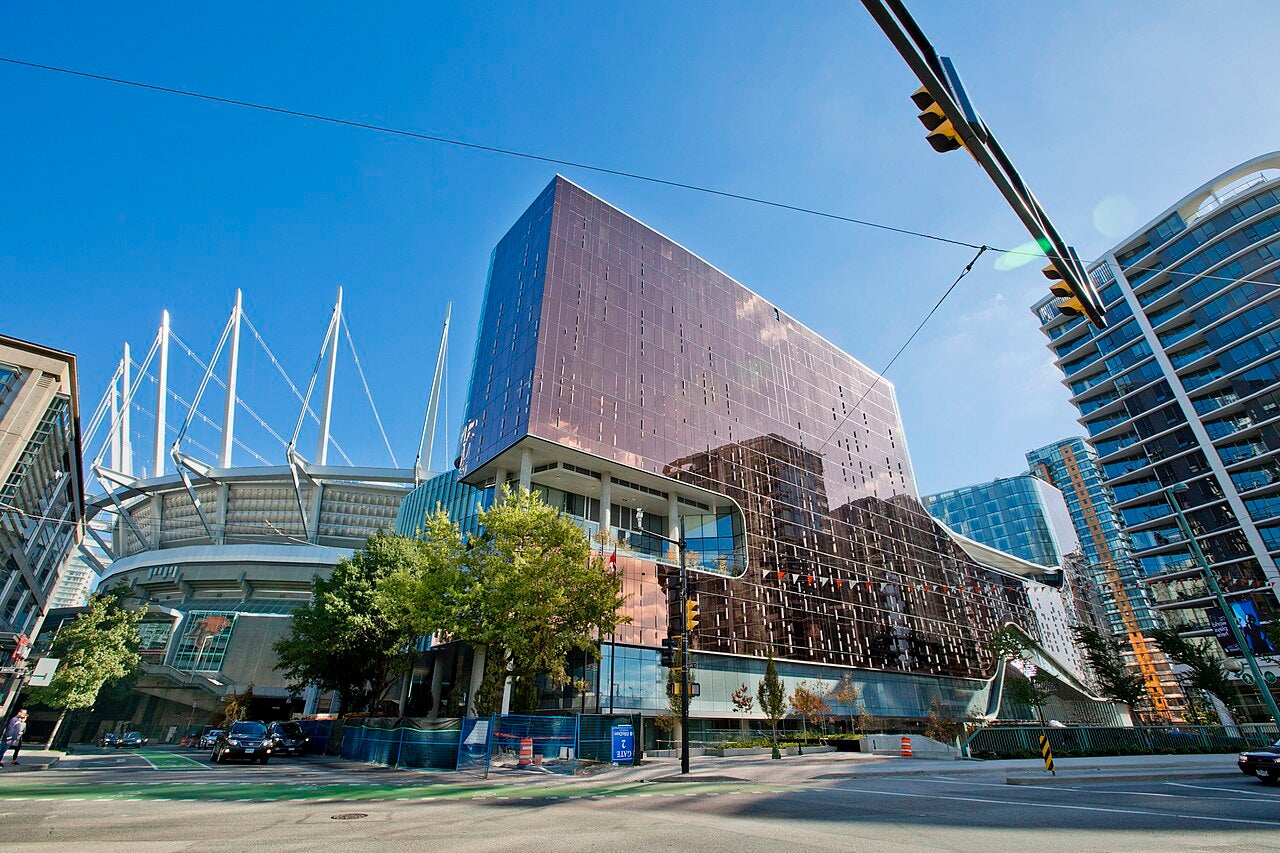
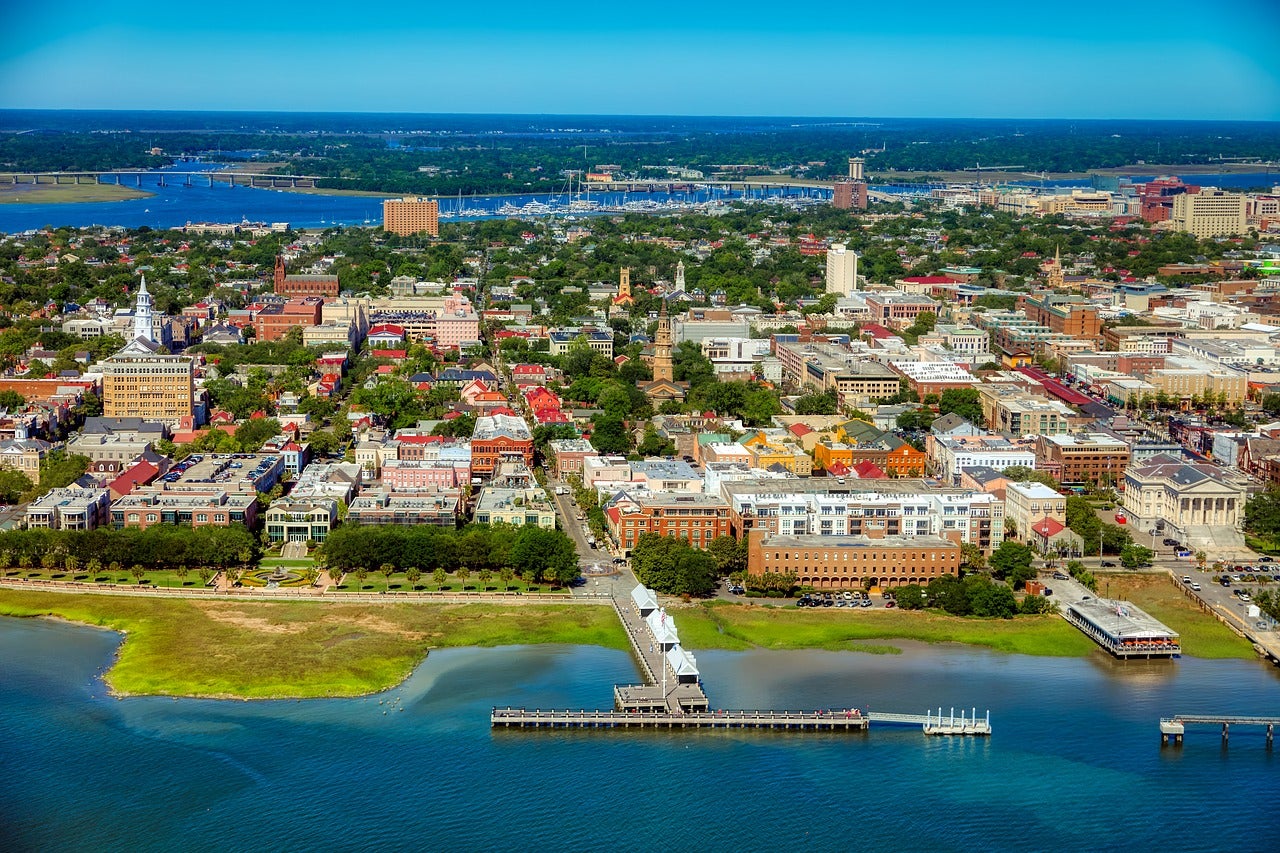

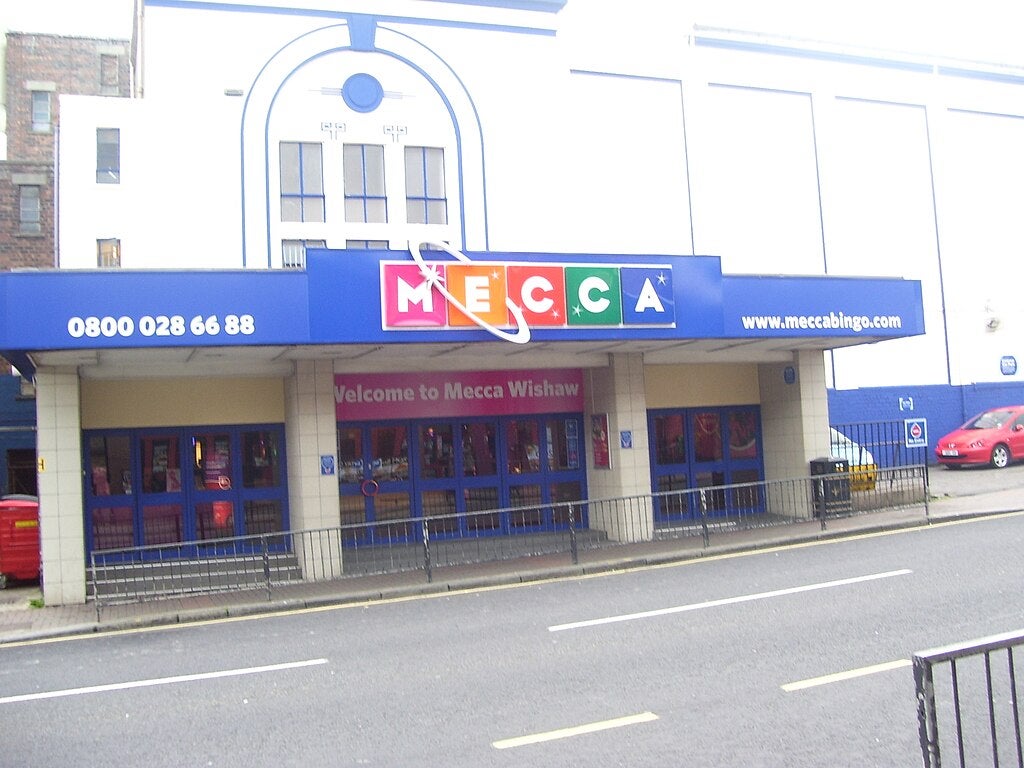
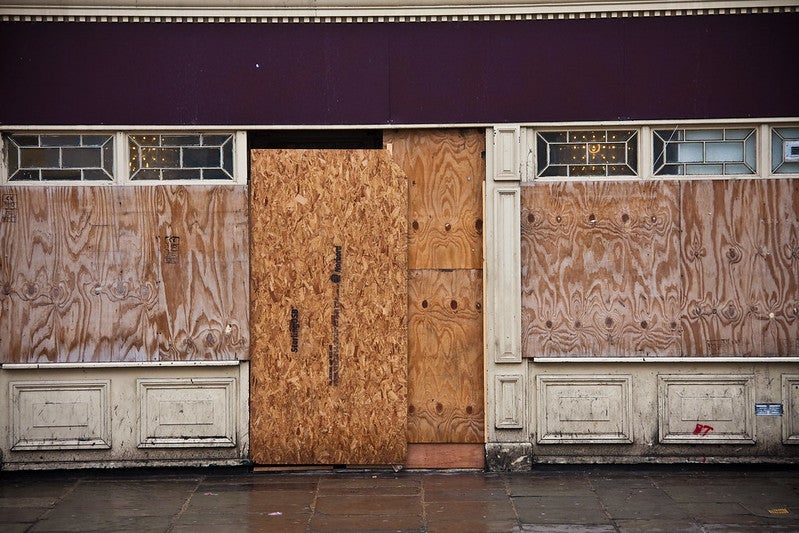
.jpg)
